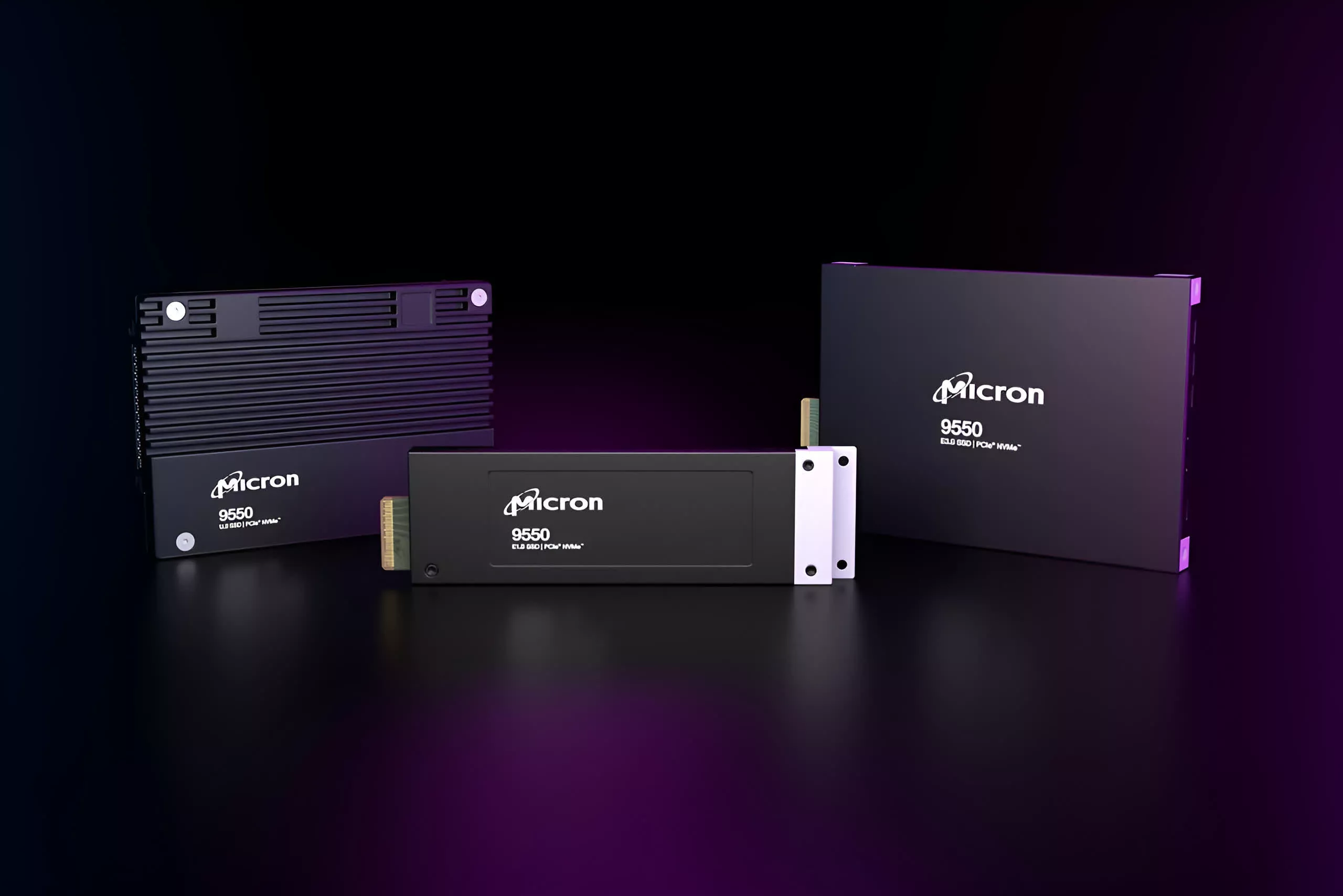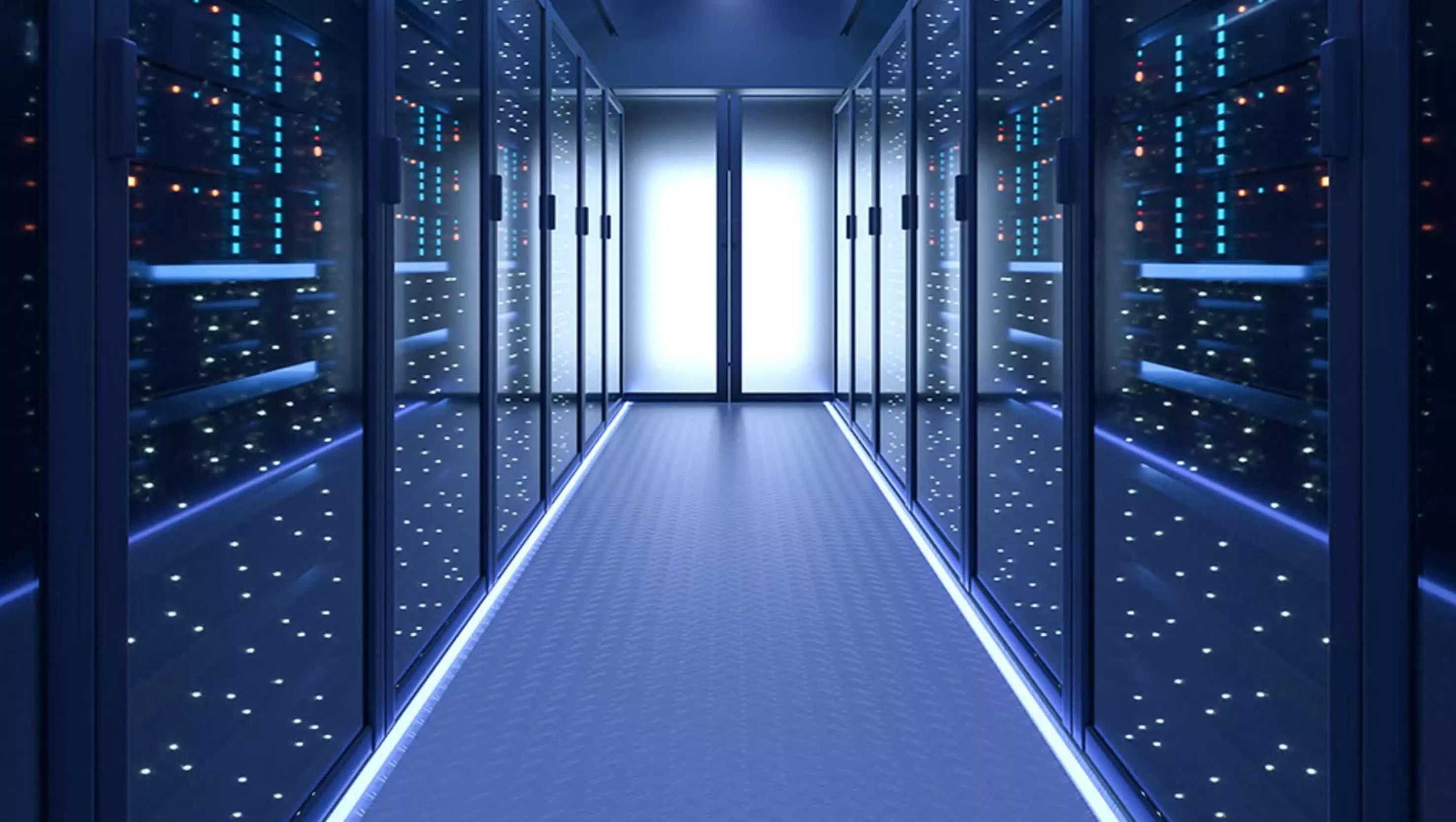Forward-looking: Micron claims to be the first to market with PCIe Gen6 solid-state drive technology, which could be a boon for data centers struggling to keep up with AI workloads. Mainstream consumers, however, will have to play the waiting game for a while longer.
Micron didn't reveal much in its press release, but the company did say the tech "delivers sequential read bandwidths of over 26 GB/s." Making the tech available to partners will help kickstart the PCIe Gen6 ecosystem, we're told, and builds on recent advancement in data center storage.
Just last month, Micron made headlines when it unleashed its 9550 NVMe SSD. This data center drive boasts sequential read speeds of up to 14 GB/s, making it one of the fastest SSDs currently available. Sequential write speeds are rated at up to 10 GB/s, which is significantly better than the competition.

Based on Micron's numbers, the new Gen6 SSD should be about 85 percent faster than the Gen5 9550 unit in terms of sequential reads.
Micron's 9550 isn't just fast, but also efficient. The company said it consumes 43 percent less power than other data center SSDs running AI workloads which, at scale, could save operators a lot of money.
The Idaho-based memory maker plans to share more information on the technology at the Future of Memory and Storage (FMS) conference, which runs through August 8 at the Santa Clara Convention Center in California. It's unclear if that'll include full specifications, a live demonstration, and / or pricing / release date information.
Consumer-grade SSDs are not quite to the level of data center units. Newer Gen5 consumer SSDs are plenty fast, but still struggle with cooling. As the drives heat up, they often trigger thermal throttling which significantly reduces performance.
Earlier this year, the PCI Special Interest Group (PCI-SIG) said the compliance programs for both PCIe 6.0 and 7.0 had been delayed. The PCIe 6.0 program – initially for data centers – was originally set for March 2024 but that might not happen until sometime in 2025. It'll be a while longer before the tech trickles down to mainstream consumer levels.
